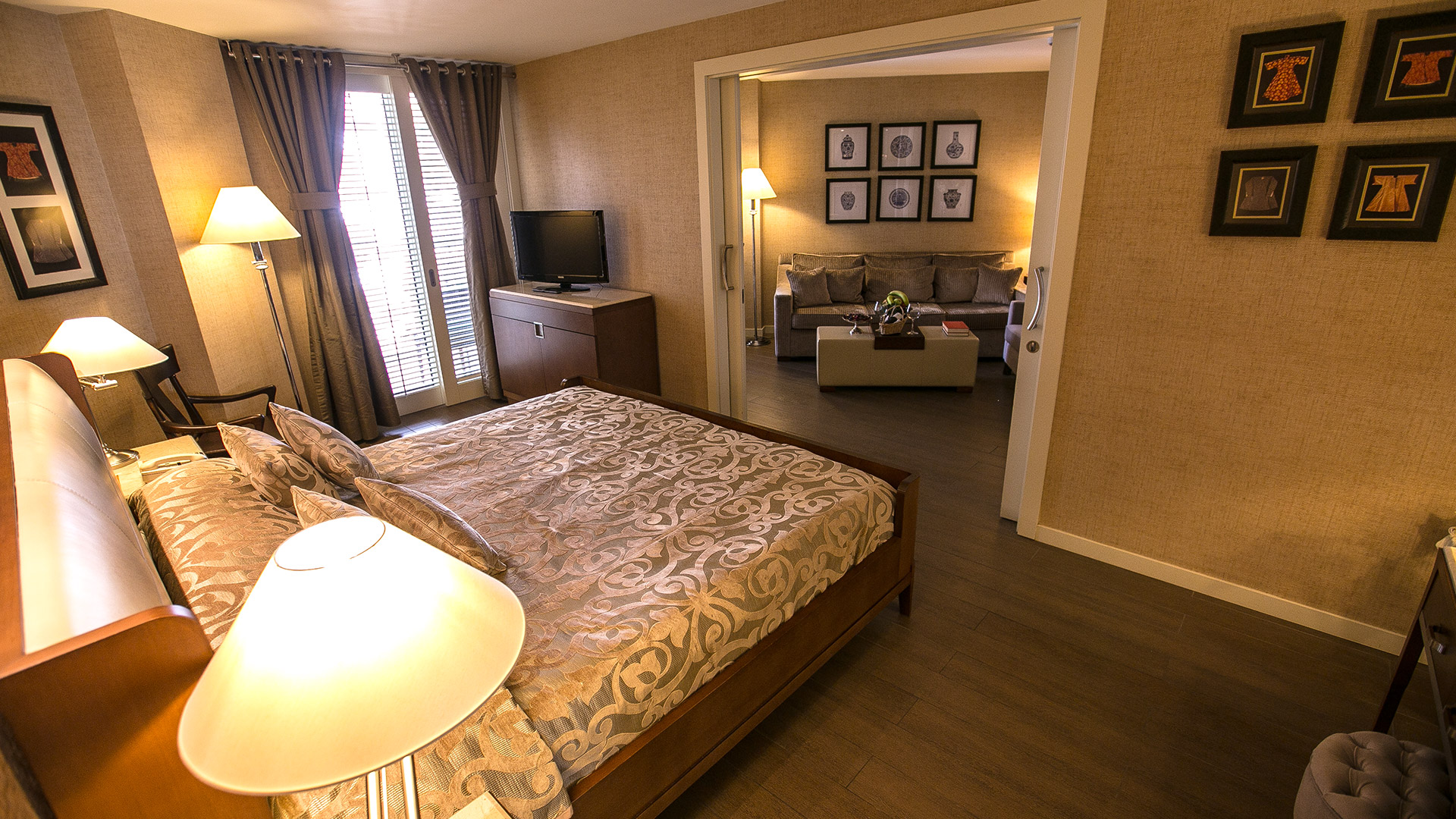
The Hidden Power of Design in Hotels: The Psychological Impact of Space
It is not just quality service or comfortable beds that make a hotel stay unforgettable. What truly defines the spirit of a hotel and the impression it leaves on guests' minds is the psychological impact of the space. Good hotel design does not just offer guests a visual feast; it also touches their emotions, guides their feelings, and makes the entire stay more special.

The Power of First Impressions: The Story Begins in the Lobby
The moment guests step into a hotel, a subconscious perception process begins. The colors used at the entrance, the tone of the lighting, a pleasant scent, or background music... All these elements make the guest feel comfortable, safe, or excited. Warm tones and natural materials create a sense of peace and intimacy, while cold and metallic textures evoke a sense of modernity and prestige.
Psychological Comfort and Mental Well-being in Rooms
A hotel room is a guest's own little world. Every detail used in the design—bed placement, furniture arrangement, wall colors, lighting—affects the guest's sleep quality and mental comfort. Soundproofing that supports silence, window placements that allow direct sunlight, and soothing tones contribute to mental relaxation.

The Flow of Space and Psychological Interaction
The layout of a hotel directly affects the relationship guests establish with the space. Spacious and open areas create a sense of freedom, while narrow and complex passageways can cause tension. Properly placed signage and intuitive transitions between spaces accelerate the guest's adaptation to the hotel and provide a peaceful experience.
Spaces That Create Emotional Connections
A successful hotel design meets not only the physical needs of guests but also their emotional expectations. Calming colors and natural textures in spa areas, warm tones that stimulate the appetite in restaurants, open layouts that encourage social interaction in common areas... Each of these helps guests form an emotional connection with the space.

In hotels, design is not just about aesthetics; it is about the power to deliver a psychological experience. A design that can create feelings of trust, peace, and pleasure in the guest's mind increases loyalty and makes the hotel unforgettable. The harmony between the space and psychology transforms the stay from a service into an experience.
